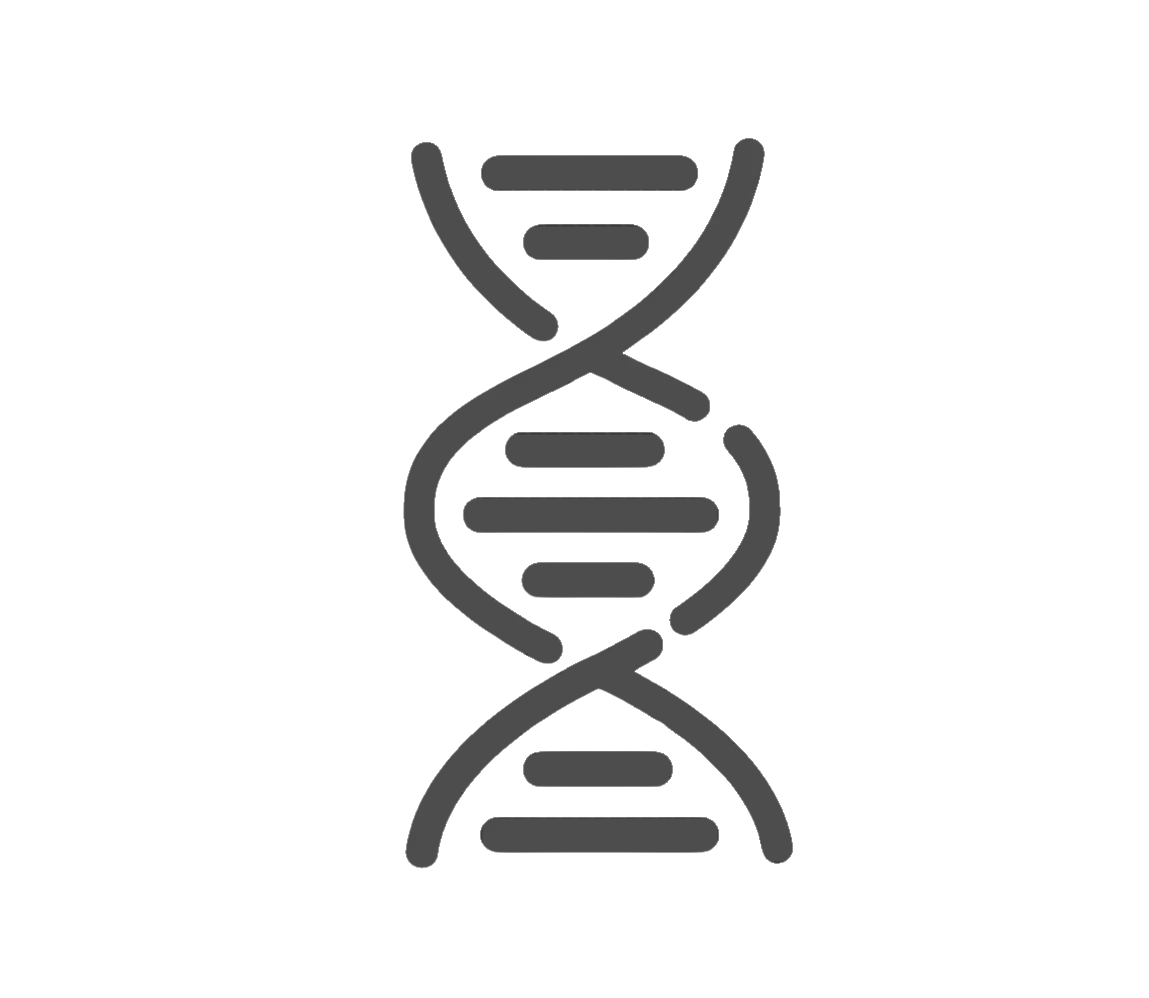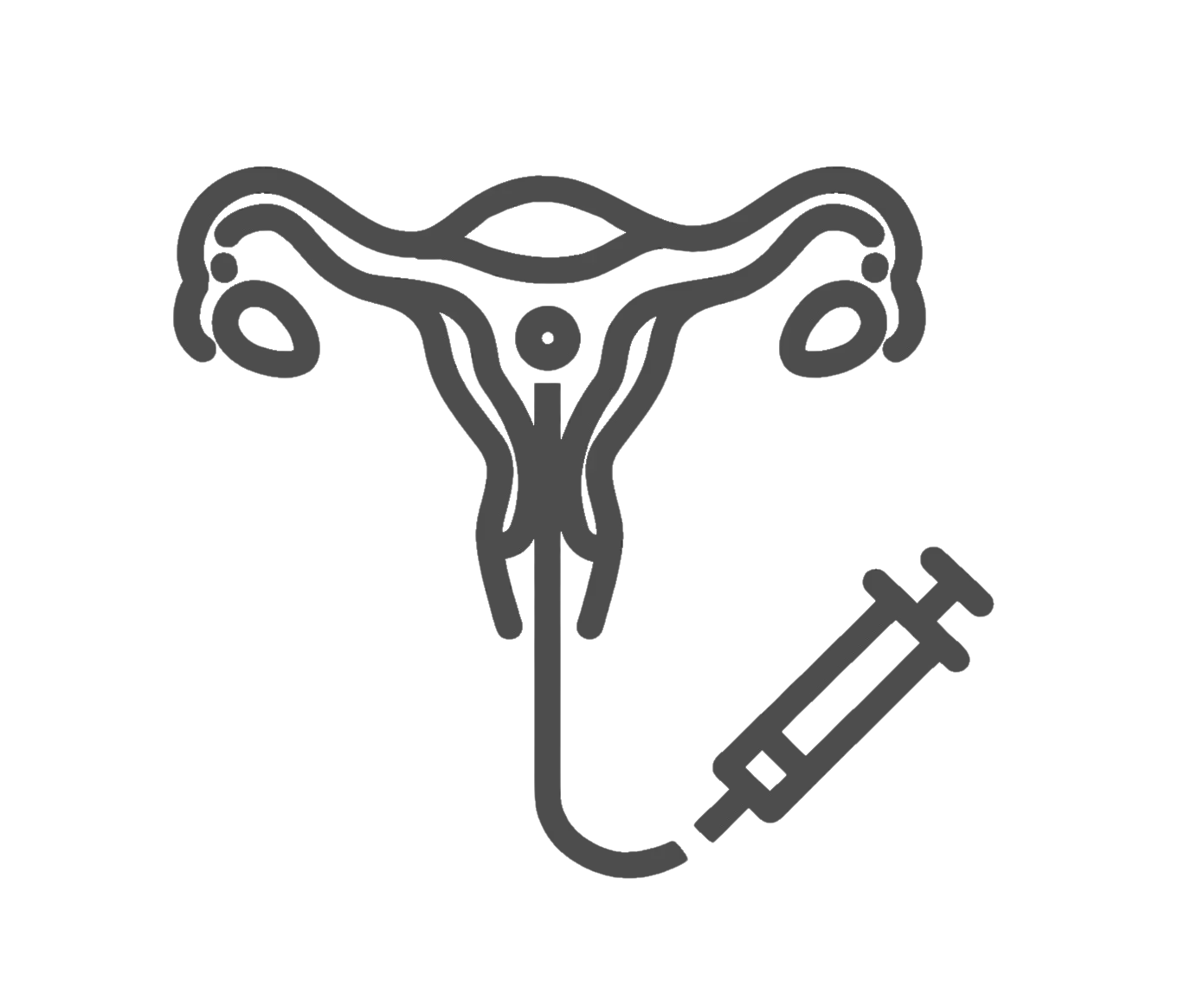Polycystic ovary syndrome (PCOS)
What is PCOS?
PCOS is a complex condition that leads to dysfunction across multiple body systems and affects up to 13% of women of reproductive age. Infertility is one of the consequences of this condition but is not the only one. PCOS has far-reaching impacts on metabolism, mental health and cardiovascular health.
What causes PCOS?
It is still uncertain what is the exact underlying cause of PCOS. Previously thought of as a purely hormonal condition, research now demonstrates that there is complex interplay between genetics, hormones, lifestyle and metabolism that leads to the physical manifestations of PCOS.
PCOS Symptoms and Signs
There are many symptoms and signs of PCOS. Some may have PCOS and have no symptoms apart from irregular periods. Others report skin changes including increased body hair and acne. Others have increased body weight.
PCOS Diagnosis
There are internationally accepted guidelines for diagnosing PCOS. This involves taking a thorough medical history and performing a physical examination. Often blood tests are needed and also a scan of the ovaries. There are many conditions that mimic the symptoms and signs of PCOS and it is important to rule these conditions out as their management and impact vary greatly from that of PCOS.
Polycystic Ovaries (PCO) vs Polycystic Ovarian Syndrome (PCOS)
Fertility Consequences of PCOS
The main fertility consequence of PCOS is an inability for the ovary to release a mature egg each month (ovulation). This is because the signalling in the body for the ovary to mature and release an egg is muddled in PCOS. PCOS may also negatively affect the quality of an egg. PCOS is linked to serious mental health issues such as depression and anxiety. This may also lead to decreased frequency in intercourse and drops fertility rates even further.
Consequences of PCOS
Treatment of PCOS
Without knowing the true underlying causes of PCOS, we are yet unable to find a ‘cure’ to this condition. Treatment of this condition lies in targeting the different systems it affects.
Fertility issues can often be resolved with monitored ovulation induction. There is a need for regular checking of cholesterol and blood pressure. A healthy and active lifestyle will counter many of the negative metabolic impacts of PCOS. Medication is also used to address the intrinsic hormonal imbalances that we see in PCOS.
Good management of PCOS involves a multidisciplinary team consisting of many members including a reproductive endocrinologist, general practitioner, and dietitian. Good management also means management plans tailored to the needs and goals of each individual. With the right care, those with PCOS lead normal and fulfilling lives.
Consulting Rooms
Level 3, 321 Kent St
Sydney NSW 2000
137 St Johns Rd,
Glebe, NSW 2037
50-52 Gloucester Rd,
Hurstville NSW 2220
Phone and Fax
T: 1300 323 297
F: 02 8212 8944
More Services

PGT
Pre-implantation Genetic Diagnosis / Screening

Fertility Tests
AMH, FSH, LH & More

IVF
In vitro Fertilisation

IUI
Intrauterine Insemination
